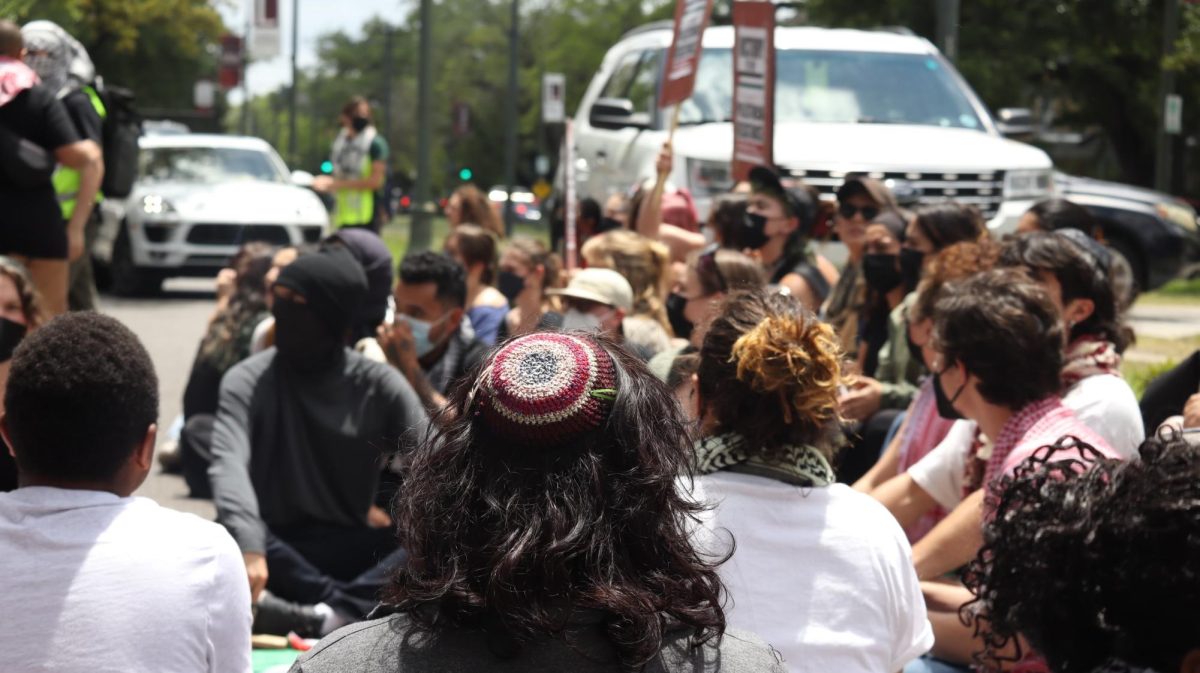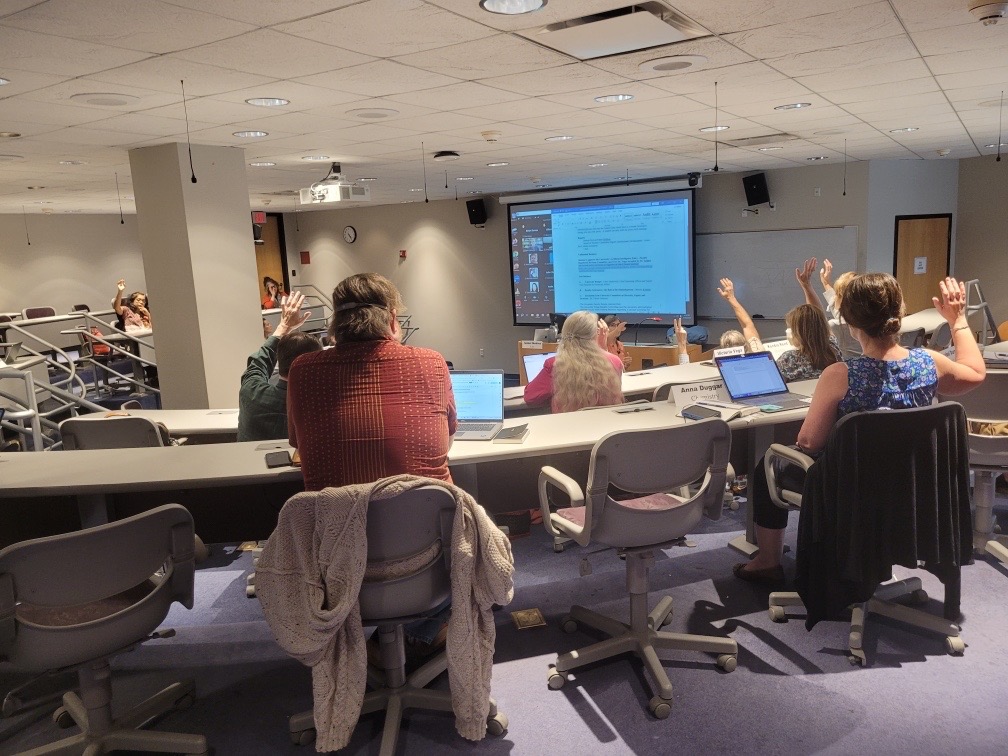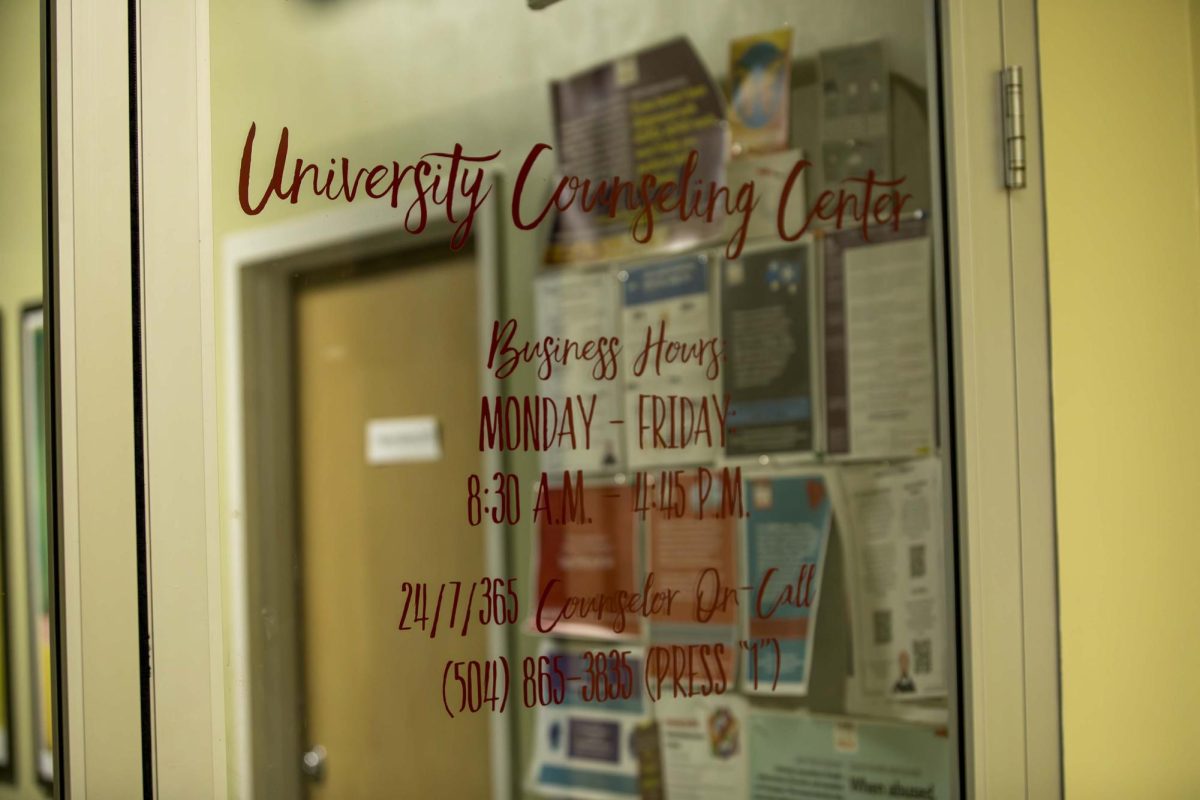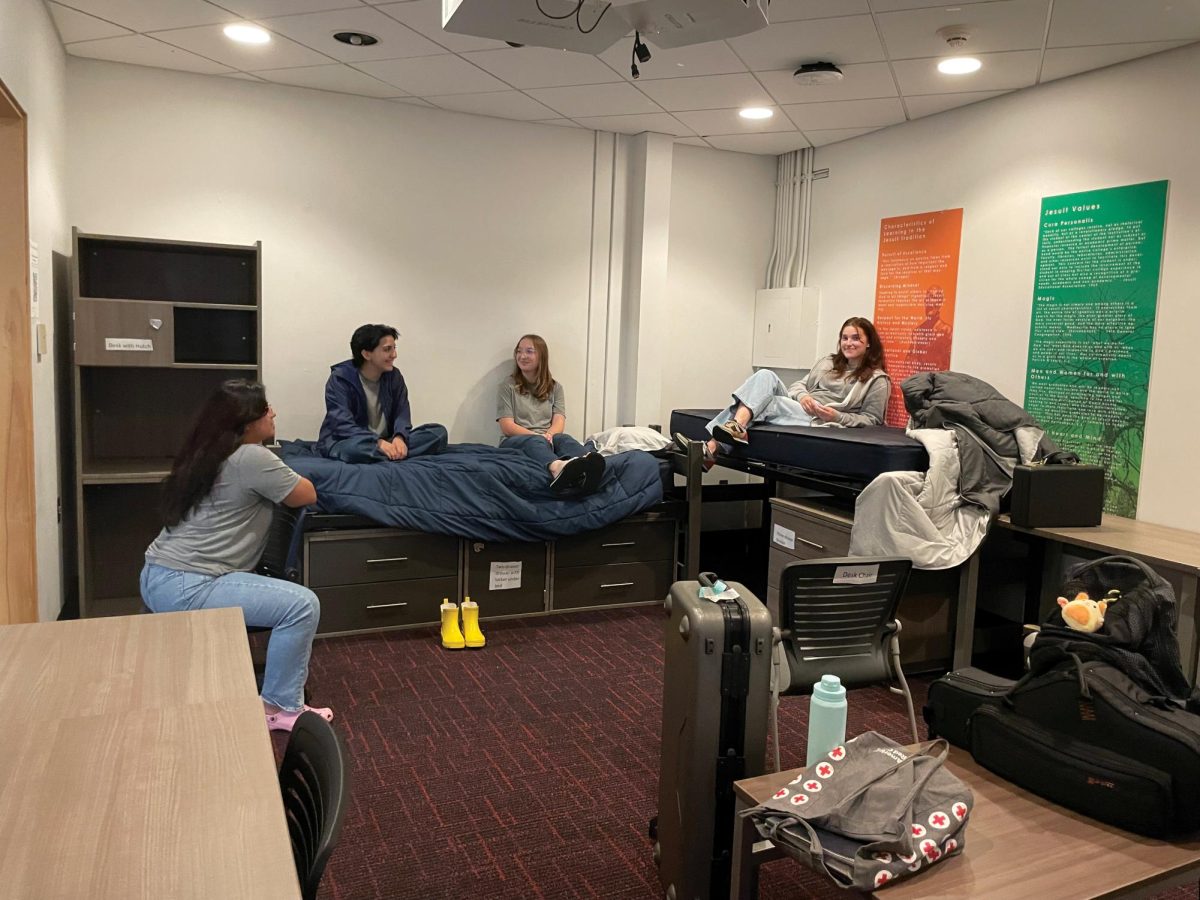Justin Scheutz, a music performance sophomore from Japan, was asleep Friday in his dorm when a 9.0-magnitude earthquake rocked his homeland.
The fifth strongest earthquake ever recorded in Japan caused a devastating tsunami along the eastern edge of the country, killing thousands in the city of Sendai.
Days after the 9.0-magnitude earthquake and tsunami, the official death toll is more than 4,300.
More than 8,000 people are still missing, and hundreds of national and international rescue teams are looking for them.
Schuetz is one of several students affected by the devastation.
He and Japanese exchange student Ryoh Kitamura both have families and permanent residences in Tokyo and found out about the unfolding disasters Friday.
The day of the earthquakes, Robert Reed, vice president of Student Affairs called each of the students to notify them of the disaster and to find out if they were able to contact their families.
“I was contacted by Robert Reed. We met and I can tell that he really cares about me and each of the students here from Japan,” Kitamura said.
Both Schuetz and Kitamura worry about whether or not they will be able to return home.
“To be honest, there are many kinds of problems because of the damage of the earthquake and then the tsunami. I feel sad because many Japanese people died. The problems now are the nuclear power plants. I’m not sure what’s going to happen with my friends and family,” Kitamura said.
Schuetz says this situation has been extremely stressful and he worries about his family as well.
“Before the earthquake happened, I tried to avoid speaking Japanese as much as possible, so I never contacted my family or friends. I now speak to them everyday using Skype and e-mail,” Kitamura said.
There have also been evacuations around the Fukushima Daiichi nuclear power plant after the quakes damaged a cooling system there, which caused an explosion that damaged a building at the plant.
The devastation is of such magnitude that it is hard to imagine some of the communities ever being rebuilt.
Town after town has been wiped away.
A second explosion at the Fukushima Daiichi plant took place on Monday that left workers struggling to re-cover the rods and cool them with sea water.
Operators said the radiation levels at the plant were still within legal limits.
Also on Monday, the official death count from the disaster was raised to 2,800, though some are now estimating an expected final count of 10,000.
“For now, I’m glad my family is safe and that people I know aren’t harmed,” Schuetz said. “The teachers here have been kind about the situation, and some friends have been encouraging and nice, too.”
Both students have plans to return to Japan right after exams in May.
“I really appreciate the U.S. government for reacting so quickly. And I would like to thank everyone who is donating money and I encourage others to do so,” Kitamura said.
Carl Harrison can be reached at [email protected]












